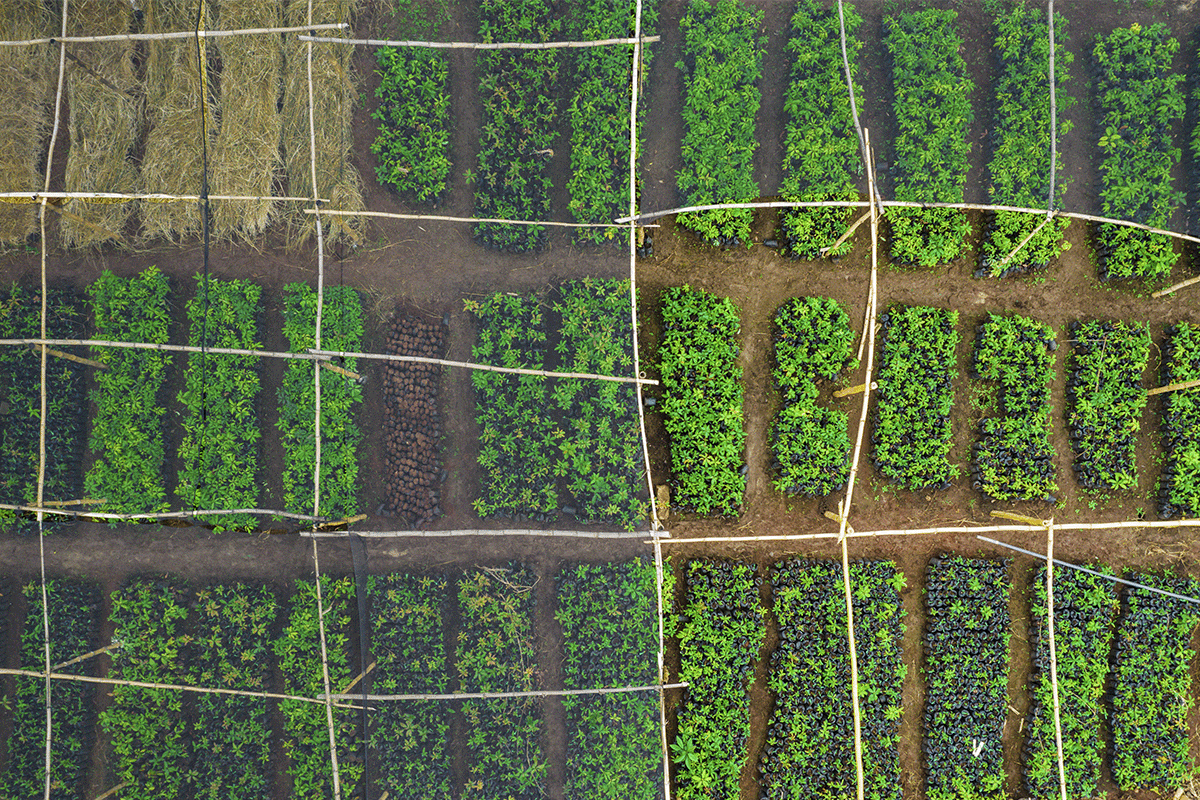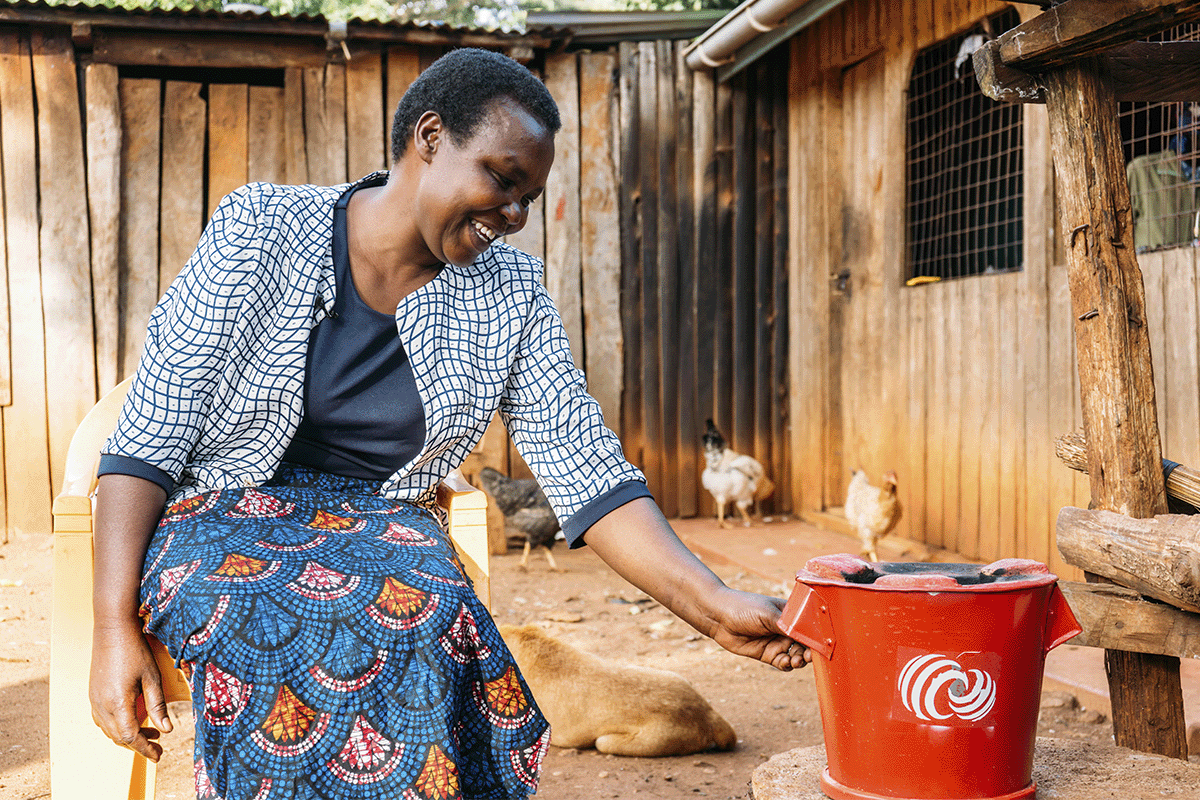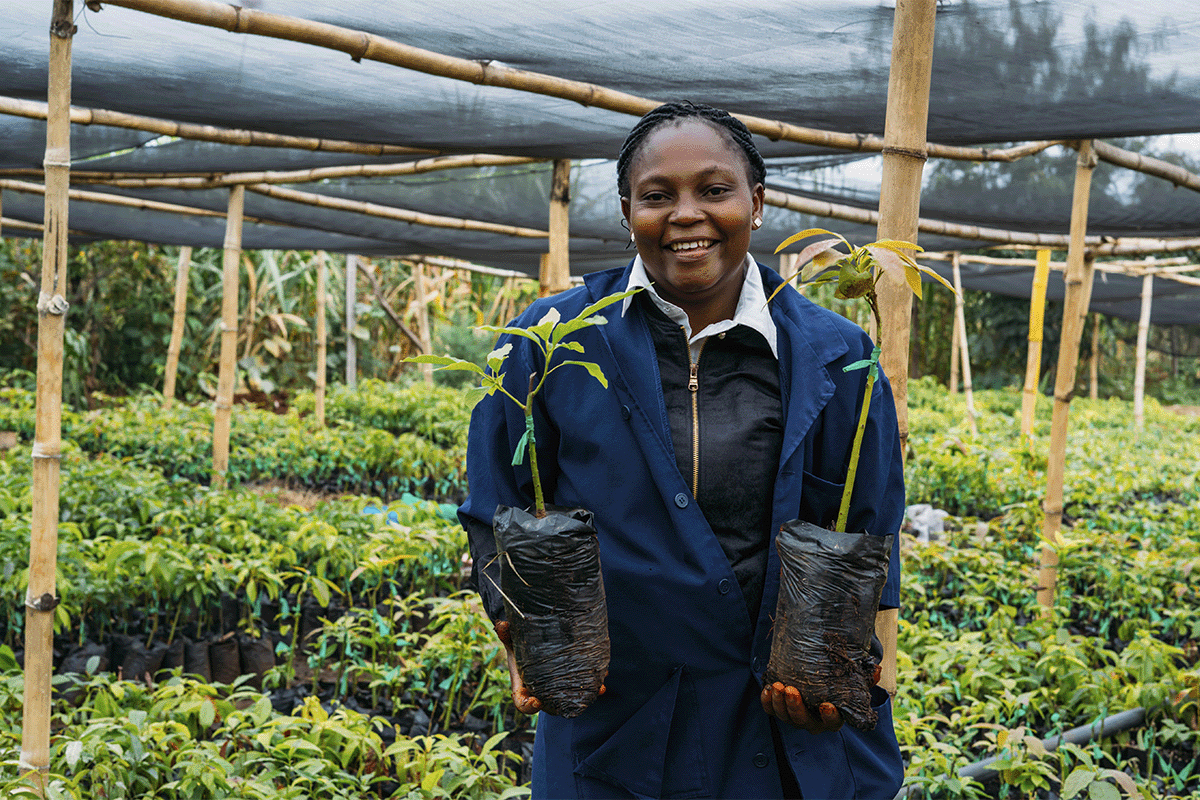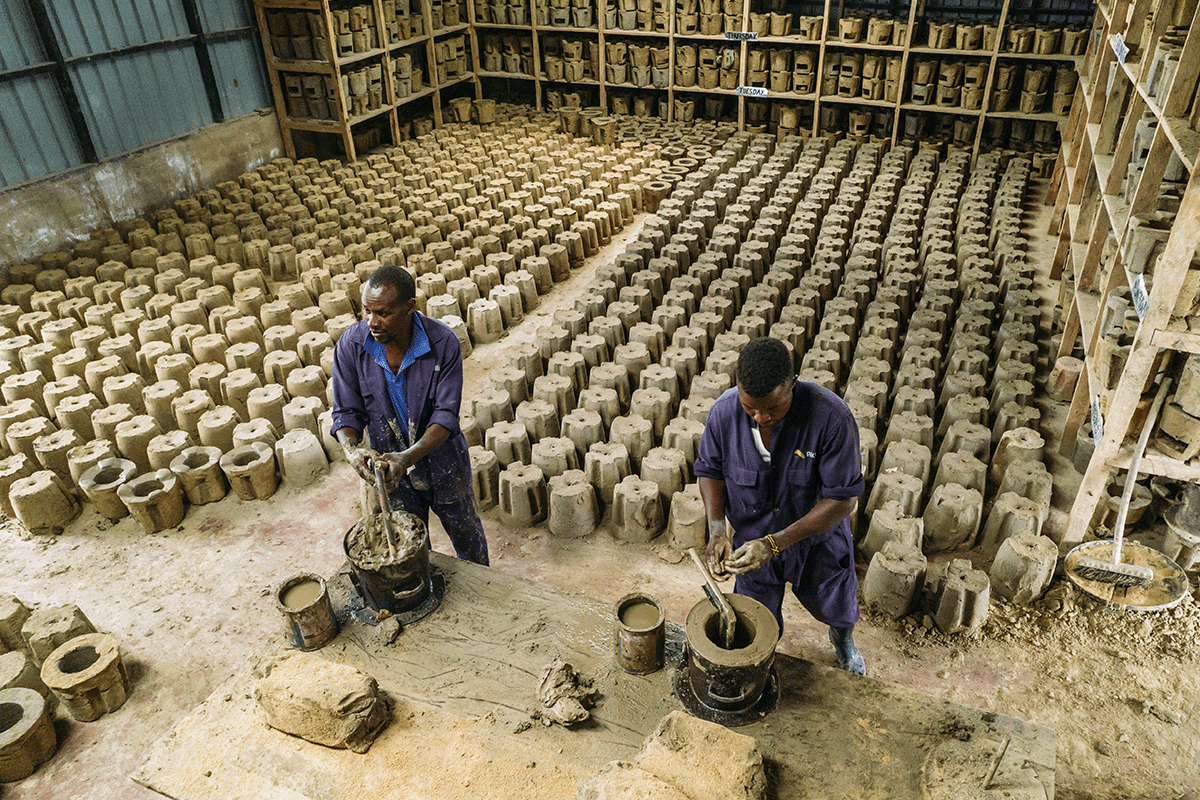On Sunday, 17 September, the CEO of DGB Group, Selwyn Duijvestijn, appeared on Dutch television to talk about the company and its achievements in the world of carbon neutrality and nature restoration. Duijvestijn was a guest on Business Class, a current affairs programme that discusses relevant socio-economic companies and their effects on business life. Let’s take a look at the highlights of the interview.
Video of the interview between Harry Mens and Selwyn Duijvestijn, CEO of DGB Group, on the Business Class programme.
Economic facets
For investors, the economic aspect of any featured company is vital. Duijvestijn explains that DGB is listed on the Euronext Amsterdam, a stock exchange that is considered the oldest modern securities market in the world. On the Dutch stock exchange, DGB is the greenest project developer. Nature is at the core of our mission; we manage a portfolio of 7 worldwide projects, with 10 more on the horizon, and we generate carbon reduction credits—which is the current hot topic in the business world. This is why many companies want to partner with DGB.
According to Duijvestijn, more than 1,900 companies are currently already required to reduce their carbon emissions. These companies all benefit from carbon credits, which are measurable carbon reductions from certified carbon projects like DGB’s nature-based solutions. Major players on this list include the likes of Unilever, Ahold, Samsung, and Apple. In addition, a whopping 2,700 other companies have voluntarily committed to sustainability, offering opportunities for DGB and expanding our client base.
Use our Carbon Footprint Calculator to calculate your emissions
DGB Group’s portfolio
DGB provides a portfolio of nature-based solutions to help companies achieve complete carbon neutrality. We supervise projects that, for example, provide carbon reduction by planting trees, creating and selling cookstoves to counteract deforestation, and generally provide opportunities for nature protection and restoration. These have proven to be attractive to companies wanting to achieve net zero.
 Drone view of a tree nursery - Hongera Reforestation Project, DGB.
Drone view of a tree nursery - Hongera Reforestation Project, DGB.
‘Companies like Albert Heijn used to have their sustainability reports, detailing their emissions, buried at the end of their annual reports. Now, these reports are moving further towards the start, indicating that sustainability is becoming more important’, Duijvestijn explains. ‘They are optimising internal processes, but for the carbon emissions that cannot be eliminated, they turn to companies like us. They want to transform the negative impact into something positive.’
DGB’s portfolio currently represents 45 million tonnes of carbon reduction through the aforementioned activities. Even though it has still been a work in progress over the past 3.5 years, Duijvestijn expects the first carbon credits to be available by the middle of next year and is currently in active discussions with its buyers.
Experiencing DGB Group’s projects
Intrigued by DGB’s nature-based solutions, presenter Harry Mens asked Duijvestijn about the possibility of watching DGB’s projects unfold. After all, investors might be very interested to see if DGB is putting words into action. Duijvestijn confirmed that it’s a common occurrence. DGB’s largest client, who committed € 1,7 million last year, is coming to visit the Hongera Energy Efficient Cookstoves Project in Kenya, which provides the local population with cleaner ways of cooking to help carbon reduction, reduce indoor air pollution, and decrease deforestation.
 A community member with a DGB cookstove - Hongera Energy Efficient Cookstoves Project, DGB.
A community member with a DGB cookstove - Hongera Energy Efficient Cookstoves Project, DGB.
Even investors without a similarly huge wallet will be able to experience their investment. DGB is currently organising a trip for such investors to our project sites. These smaller investors have most likely purchased a green bond. These bonds provide the investor with financial returns through social and environmental impacts.
DGB’s current projects require an investing process of two to four years, starting from €100,000, with annual interest returns of 8%, distributed every quarter. Duijvestijn explained that, ‘During this time, the bondholders would like to expand their participation because the projects are doing very well and because our plans are coming to fruition’. The issuance of credits, as well as the future of the tree nurseries and the stock fund, serves as collateral for the bonds.
Learn more about DGB’s green bonds
Verification standards
DGB’s green bonds, carbon credits, and all its projects need to be verified. Due to the global footprint and the 30-year longevity of the carbon market, everything must go through thorough scrutiny before we can offer carbon reduction credits. Duijvestijn detailed the various carbon standards used to ensure the utmost legitimacy of DGB’s practices. Currently, the Verified Carbon Standard, administered by Verra, is the biggest player. The Gold Standard, headquartered in Geneva, Switzerland, is another leading standard that also verifies very efficiently.
As everything is independently audited, even a company is not exempt from verification. One can’t just claim to be carbon neutral without putting money where one’s mouth is. This way, transparency and credibility can be maintained in the market.
DGB Group’s projects in Kenya
Selwyn Duijvestijn elaborated on DGB’s amazing efforts in central Kenya and the projects’ recent developments. The Hongera Reforestation Project aims to replant 16 million trees that have been lost due to human activities, which will also do wonders for carbon offsetting and air quality—with an expected 11 million tonnes of carbon to be captured over the project’s lifetime. The project currently delivers 15,000 seedlings monthly to local farmers. The local community will also benefit from this project. The Hongera Reforestation Project creates jobs and provides training and yield-bearing trees to farmers, offering better opportunities for locals and alleviating poverty.
 A community member with tree seedlings in a tree nursery in Kenya - Hongera Reforestation Project, DGB.
A community member with tree seedlings in a tree nursery in Kenya - Hongera Reforestation Project, DGB.
The aforementioned Hongera Energy Efficient Cookstoves Project manufactures and distributes cookstoves that serve as a direct alternative to cooking on open flames. This is directly related to nature because this method of cooking requires less wood than open flames, reducing illegal logging and air pollution and combating deforestation on a large scale. Removing the necessity to cook on open flames also increases the local population’s quality of life. Approximately 200 people work at the factory in central Kenya to ensure that we can manufacture and sell 150,000 stoves to the local population. The project aims to capture around 2 million tonnes of carbon over its lifetime. According to Duijvestijn, more than half of the world's population still cooks over open fires. The air pollution that these open fires produce is the cause of the premature deaths of four million people annually. The manufacturing and use of these stoves are thus a significant step towards the locals’ general wellbeing, modernisation, and nature conservation.
 Artisans working in a cookstove factory - Hongera Energy Efficient Cookstoves Project, DGB.
Artisans working in a cookstove factory - Hongera Energy Efficient Cookstoves Project, DGB.
These projects prove that together, we can make a positive difference. We can make a lasting impact on the world, winding back negative human intervention and making the world a better, greener place.
Read more about our projects in Kenya
DGB’s commitment to nature, driven by CEO Selwyn Duijvestijn, has created a portfolio of impactful nature-based solutions. The carbon credits created by these projects have proven to be a hot commodity from which at least 1,900 companies benefit. These credits can create real change. To purchase carbon credits means to reduce your carbon footprint. Reducing your carbon footprint means becoming more sustainable. Together, we can create a greener, more sustainable tomorrow.
Become a sustainable company with DGB






